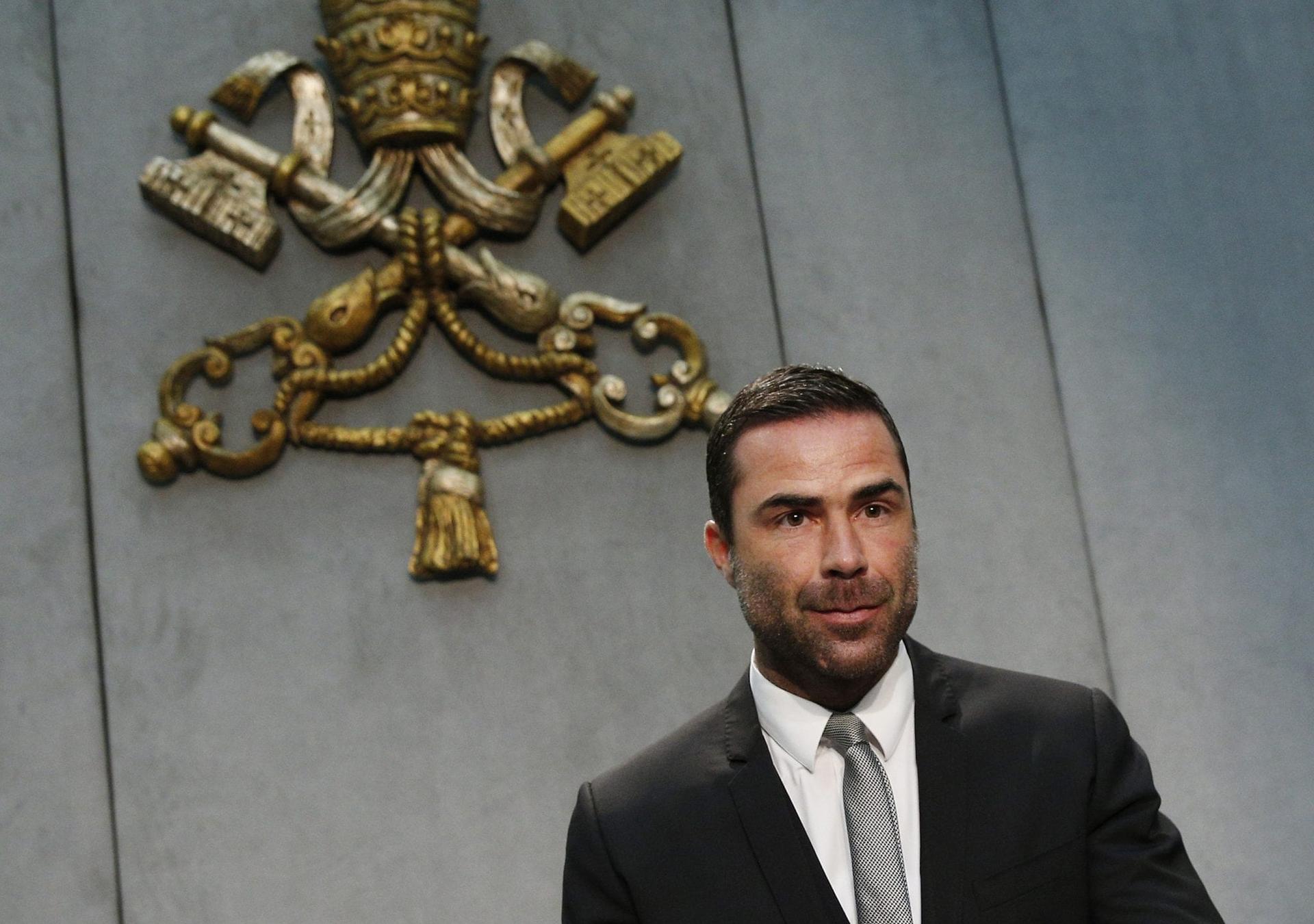ROME – When it comes to clean-up of the Vatican’s troubled finances, officials often say that no news is good news. Such is the case with a 2017 report from the Financial Information Authority (AIF), in effect the Vatican’s financial watchdog unit.
According to the report, suspicious financial activity in the Vatican has decreased for the second year in a row.
Some 150 suspicious financial transactions were flagged in 2017, meaning 57 fewer than the previous year. However, no transactions were suspended, while in 2016 four had been. As in the previous year, only one account was frozen, worth $1.7 million.
According to the 2017 report, presented in the Vatican on Friday, of those 150 suspicious activities, only eight led to reports forwarded to the Promoter of Justice in the Vatican City State’s tribunal for investigation, which means that, upon review, only a handful were judged possibly to be the result of criminal activity. This trend is also down from the previous year, when 24 reports were sent to the Promoter of Justice.
AIF is an anti-money laundering watchdog unit created under Benedict XVI in 2010 and strengthened by Francis. It’s headed by Swiss lawyer René Brülhart, with Italian Tommaso Di Ruzza serving as director.
“2017 has been a year of consolidation and normalization of our institutional activities,”
Brülhart said on Friday.
With full autonomy, AIF supervises and regulates Vatican entities that carry out financial activities to prevent and counter money laundering and the financing of terrorism, and also performs financial intelligence activities.
In practice, this means AIF reviews transactions carried out both by the Administration of the Patrimony of the Holy See (APSA), which controls the Vatican’s real estate holdings and therefore is known to insiders as the Vatican’s real wallet, and the Institute for the Works of Religion (IOR), often referred to as the “Vatican bank.”
According to the latest report, none of the activities flagged as suspicious in 2017 were related to financing terrorism.
The backlog in the financial clean-up continues to be the Vatican’s judiciary system, which saw only one public prosecution of financial wrongdoing in 2017, that of the former president of the Bambino Gesu, the pope’s pediatric hospital. Giuseppe Profiti was convicted of abuse of office for diverting nearly half a million dollars of funds to renovate a top cardinal’s luxury apartment.
However, he was given a one-year suspended sentence, and the prelate at the center of the scandal, Cardinal Tarcisio Bertone, the Holy See’s former number two, never saw the inside of a courtroom.
It’s unclear how many of the 54 reports that AIF sent to the Vatican’s promoter of justice since 2015 have been properly investigated and/or tried.
Brülhart said on Friday that “it’s important to note where we’re coming from,” explaining that the system currently in place – including the reporting of suspicious activities, setting up AIF, and being in a position to cooperate with international counterparts – was built in the past 5 to 6 years.
“For the office of the promoter of justice it’s been a new world, especially for the tribunal,” Brülhart said. “I think that this chain has moved in the right progression. We’ve seen the first prosecutions in the past couple of years, and the first conviction last year.”
Last December, for the second time in a row, the Council of Europe’s anti-money laundering unit, known as Moneyval stated that the Vatican had made progress in the fight against money laundering but that further efforts were still needed to initiate the appropriate judicial procedures.
The introduction of the report, signed by Di Ruzza, says that the “transparency and accountability of donations for institutional and charitable purposes” received a high level of attention in the last year, following the introduction of a law on Nov. 22 2017, “on Registration and Supervision of Non-Profit Organizations.”
“Considering the potential risks linked to the universal projection of the Holy See, international cooperation is pivotal,” Di Ruzza wrote, detailing that in 2017 AIF signed 19 new Memoranda of Understanding with foreign Supervisory Authorities and Financial Intelligence Units, bringing the number up to 57 since 2012.
The agreements are designed to fight money laundering and tax evasion, and to keep the Vatican Bank from being used as an offshore tax haven.
He also wrote that the “paradigms at the basis of the financial activities should not be underestimated,” saying that when the human person is not taken as the “ultimate end but rather as a tool or a source of profit, the systems of social coexistence are destined to fail.”
Brülhart was hired by Pope Benedict XVI in 2012, and is considered the Vatican’s transparency guru. His previous claim to fame was helping to turn around the reputation of the tiny European principality of Liechtenstein which had been considered a financial pariah.
Since arriving in Rome, Brülhart has helped steer the Vatican away from several potential disasters, including the suspension of credit card services by the Bank of Italy in January 2013 and the arrest of a former Vatican accountant on money-laundering and cash-smuggling charges a month later.
In 2013, the AIF conducted a detailed review of all 19,000 accounts at the IOR, and closed any unauthorized accounts (the Vatican bank is only supposed to be used by religious organizations and Vatican employees.)
















